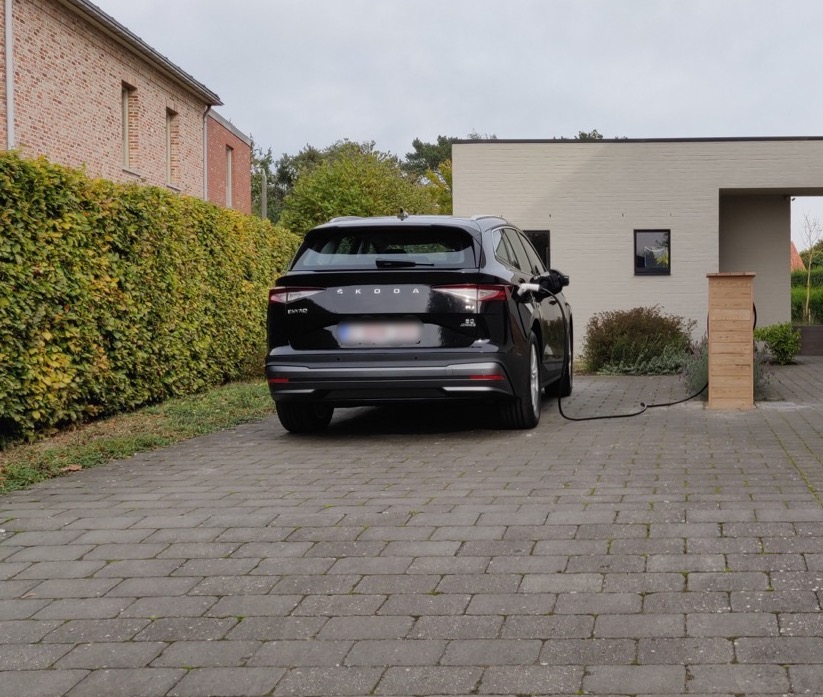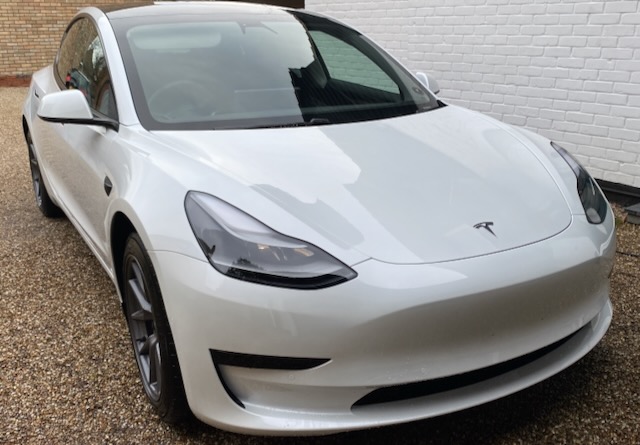
I recently spoke to the Daily Telegraph for their article entitled “Ford falls out of favour as drivers plug in to Tesla“. In my quote, I said that “Since the Tesla came out, we’ve always had a lot of small business owners, and sole traders buying them because of the tax benefits”. Now this is true for the most part, but of course applies to all electric vehicles, including Plug-in Hybrids as well as Full EVs, so its not just a Tesla phenomenon.
The sands have been shifting somewhat in the UK regarding the tax benefits that EVs give – in the 2020/21 tax year, company car drivers paid 0% BIK (Benefit in Kind) tax (part of P11D Class 1A National Insurance) on their electric company car, which no doubt led to the huge increase in registration figures, even in light of the pandemic and its effect on sales. Consider that many company car drivers pay around 25-30% BIK as a deduction from their pay packet and you can see why it would make sense for company car drivers to push their employers to give them electric options. in 2021/22 the BIK rate for pure EVs rose to 2% and will go up again in the next tax year to 3%, so it increases to balance the increase in adoption, but is still incredibly low compared to petrol and diesel.
It gets more complex when you look at Plug-in Hybrids, which are a popular company car choice – the amount of BIK tax is linked to the pure electric range, and in the UK, there are no PHEVs with a long enough range to qualify for 2021/22’s 1% rate, but some vehicles such as Volvo’s PHEVs just squeeze into the 7% (rising to 8%) rate, which is more than pure electric, but less than a diesel equivalent and certainly an option if you want a SUV that you can do reasonable mileage in per year.

What other benefits are there?
It’s not just those you have to pay Benefit in Kind tax, business owners can also take advantage of the FYA (First Year Allowance) whereby they can write down 100% of the cost of not only pure electric vehicles, but also electric fuel used and charge points fitted at their premises up until 31st March 2023.
Of course, I’d suggest that you speak to your accountant for the exact, and most up to date advice regarding using an EV for your business use, but it is clear there are significant benefits in terms of reducing how much tax you pay both as an employee using an EV, or a business owner.
What about for private usage?
EVs are not just all about cost savings – albeit even as a private owner, you’ll benefit from significantly cheaper fuel costs and £0 Vehicle Excise Duty (VED) or Road Tax. By driving an EV, you’ll be being kinder to the environment, using less brakes and saving on maintenance too! If you have never driven an EV, they’re easy and pleasant to drive, with instant power, and if you pick a Tesla, you get a car that gets better with Over the Air (OTA) software updates like your phone or tablet.